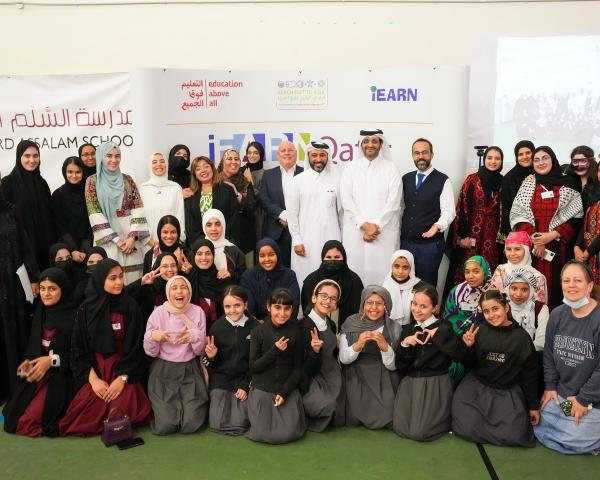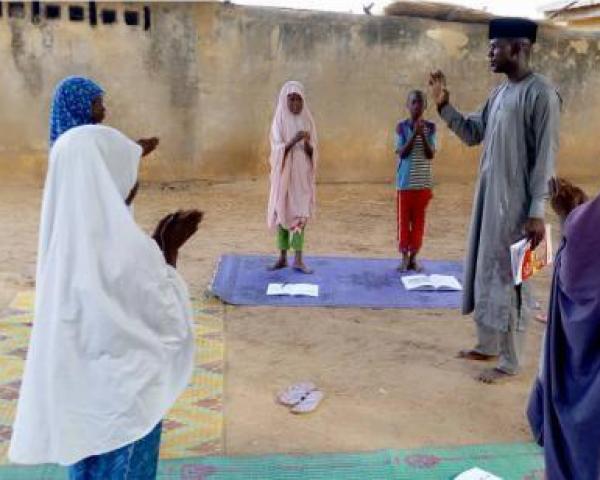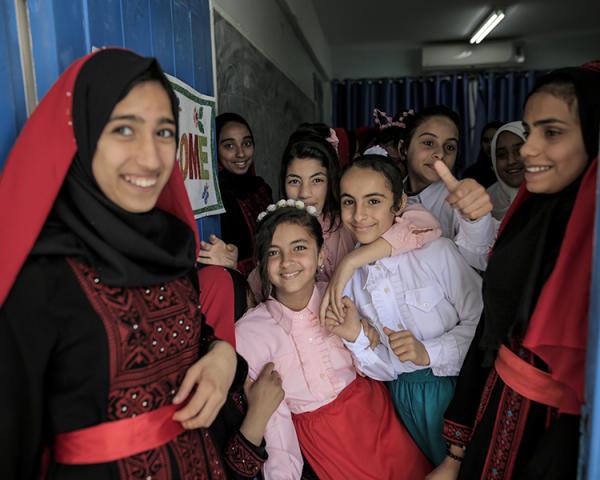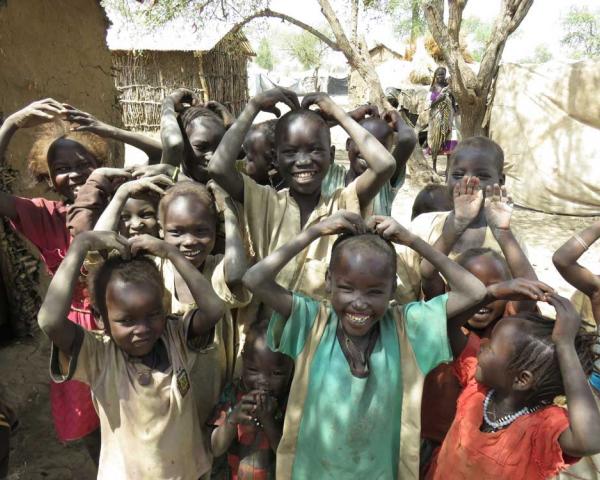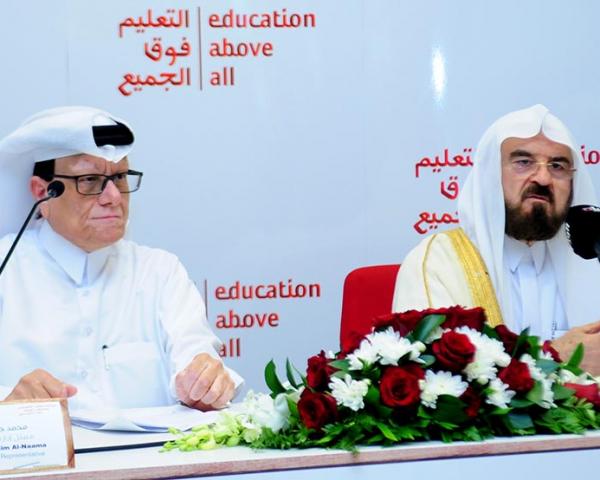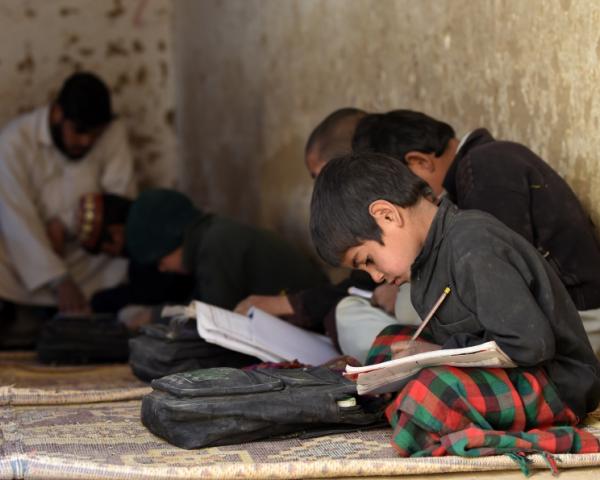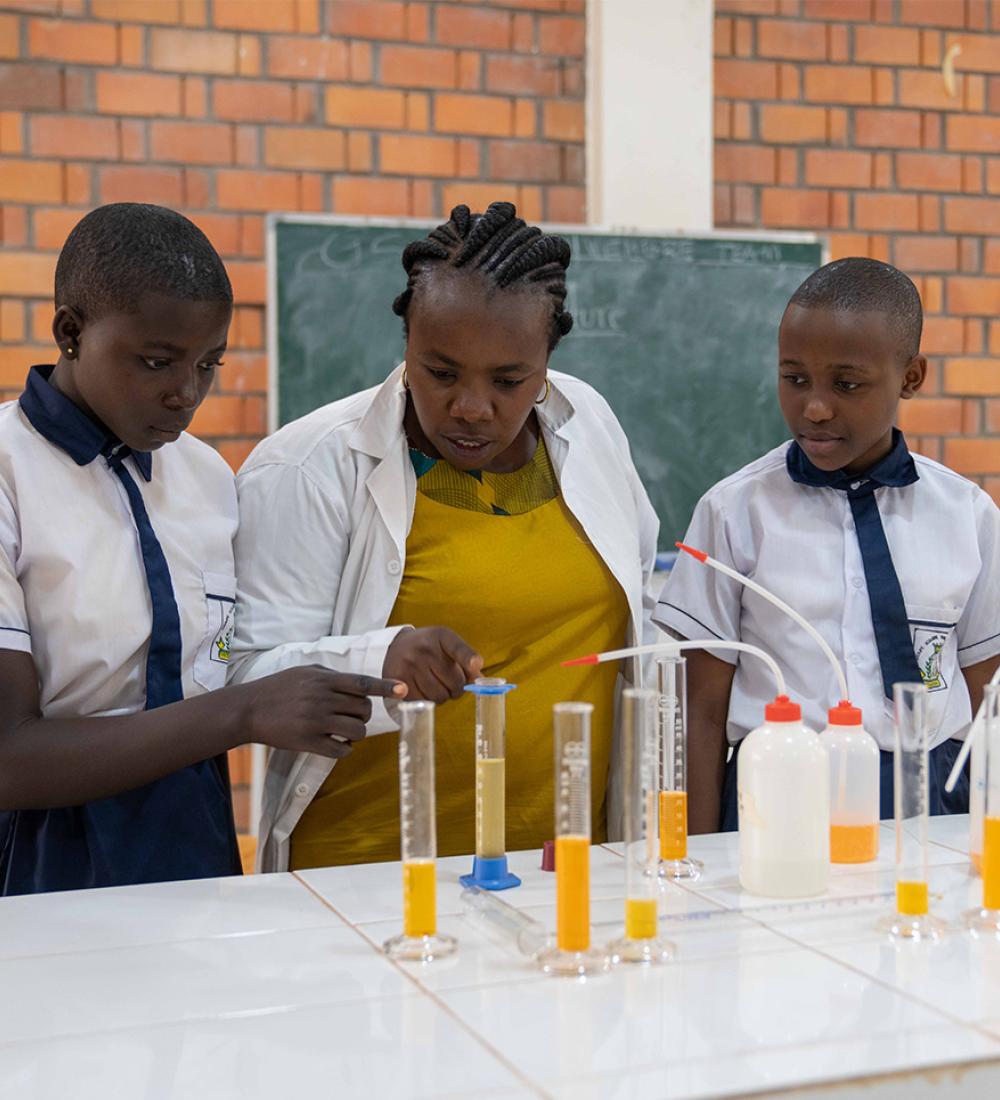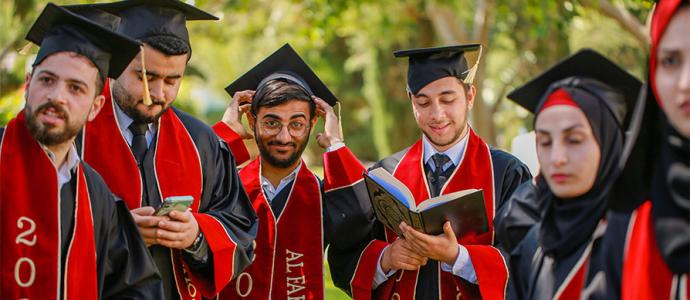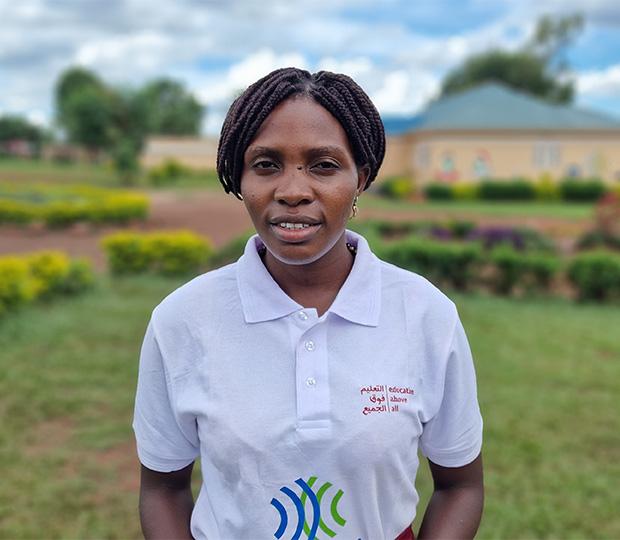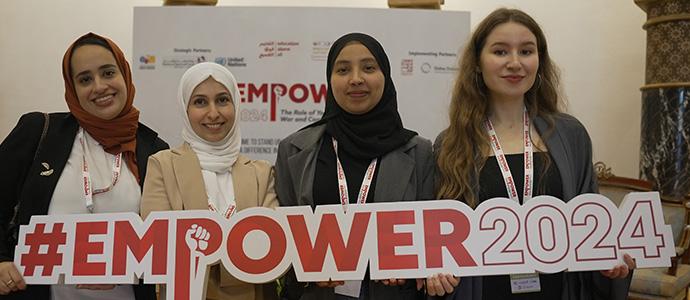Strengthening the Education Workforce
Until being offered a job at UWS Dor, Sem Rann was a farmer. As a child he has dreamt of becoming a teacher, sharing knowledge with others, and helping them to chase their dreams. Like many other communities in Cambodia however, his village had no school. Without a school, there was no opportunity to teach, and his only option was to farm rice, just as his parents had before him.
Sem Rann’s life changed forever, and his dream became a reality when he moved to another village, the village where UWS Dor had been built. The headteacher sensed his passion for teaching, and encouraged him to apply for a job at the school.
Now, he is delivering life-changing education to the children of the village, something which would never have been possible without the building of UWS Dor.
Sem Rann knows as well as anyone the opportunities that a school can bring. ‘’If there was no UWS school I would still be a farmer’’. Most of the people living near UWS Dor are rice farmers, ‘’they take their children to farm rice in the fields, but they don’t have a choice, that’s their living’’. He understands first hand that by giving children an education, they can open the doors to a wealth of opportunities that their parents never had.
Sem Rann is particularly passionate about teaching Khmer, the national language of Cambodia. Many of the children speak a regional language, Charai, and by learning Khmer they can unlock many more opportunities for themselves and their families, whilst also keeping their local culture and language alive. Strengthening the skills of local teachers who understand local languages is essential to ensuring that teaching is accessible and inclusive in UWS schools.
The school has transformed the community in ways that he never expected, too. ‘’Recently they cut the grass and the forest around the school to keep the school environment good. More people have moved here and there are lots of new houses, the road has also improved a lot’’.
Supporting teachers and education staff like Sem Rann, particularly during global crises, is essential to make sure UWS Dor can continue to deliver transformative education for years to come. Being able to strengthen the education workforce relies on collaboration, strong community relationships, and crucially, reliable funding. The Education Above All Foundation has been indispensable to our teacher training and development work. Their support has helped us train and develop nearly 300 community teachers across 178 marginalised and rural communities. By strengthening the education workforce and investing in local teachers, parents, and community education we can #BuildBackEducation even stronger than before Covid-19.
Safe school reopening - Experience of lockdown in Nepal
Since the outbreak of the Covid-19 pandemic, many of us have seen our worlds shrinking before us. We’re confined to our bedrooms, kitchens, houses, and villages. We’ve spent more time inside, away from family and community members, than we may have ever before in our lives.
Like millions of children around the world, Bhawana was confined to her home because of lockdown. Where she once spent her days at UWS Kalleri school in Nepal, with her Grade 7 classmates, she barely saw any one from her village during lockdown. Let alone many of her school mates. With lockdown also brought the fear that she would lose the opportunity for quality, accessible education.
Bhawana is 12 years old, and school is her happy place. She is the youngest of five children, and in recent years her family have been through a lot. Her brother travels to Malaysia to work and support the family, and her mother has recently had to undergo serious medical treatment for her kidney failure. Worrying about her brother and her mother is a lot to deal with, so Bhawana loves going to school, where she can immerse herself in learning and stop worrying.
With the outbreak of Covid-19, and due to the added dangers that rural communities like Bhawana’s face, she and her family were confined to their home. The village doesn’t benefit from good quality sanitation or medical facilities, so it was of the utmost importance that the community could avoid the spread of the disease, and keep each other safe. However, it didn’t make being away from school any easier for Bhawana.
She says, “I want to go to school soon and want to read more library books’’. Adamant to continue her learning, she requested one of her friends Hima whose house is nearby, to lend her books of grade 8 so that she can continue her education. Alongside this, her main source of learning new things has been the UWS distance learning radio programme, which has proved an inclusive and effective way to offer remote education in rural areas. Through local radio stations, teachers have been broadcasting concise lessons for a number of different grade levels, to keep children engaged with their learning, and keen to continue their education once lockdown ends. She said, “I listen to the radio program every day and the poem I had written was broadcasted in the program. I am so happy about that’’.
Bhawana is grateful to UWS Nepal for helping students like her to continue learning from home during lockdown, and having an even wider impact than anticipated. She stated, “I am really happy with the radio program because I am learning new things every day. Not only me but other brothers and sisters from my neighborhood also listen to the program”. Radio broadcasts have also proven to be a fantastic way to share public health messages. Bhawana says with a smile, “I wash hands for 20 seconds, follow social distancing, and wear masks while going to market or outside.”
Despite having the distance learning provision, nothing compares to being back at school. All our schools in Nepal have now been safely reopened, and Bhawana has been able to return to her happy place. She can once again work on her poetry skills, learn with her friends, and make the most of an education that was once a distant dream.
Blog Credit: EAA / United World Schools















